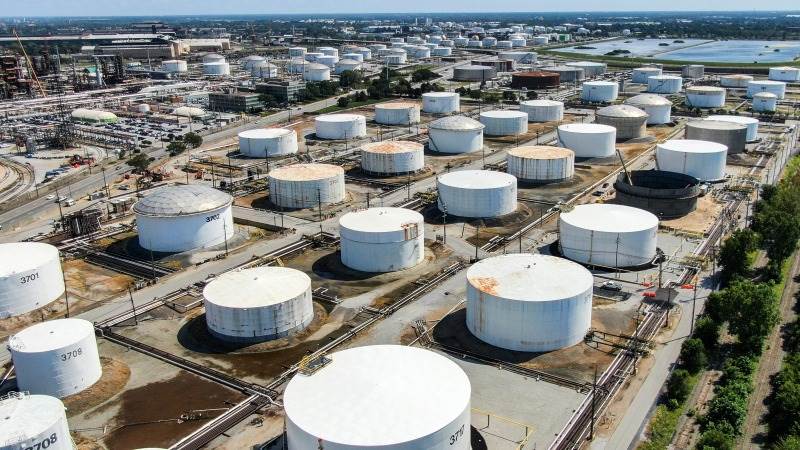The United States has taken steps to fortify its Strategic Petroleum Reserve (SPR) by securing an additional three million barrels of oil, as announced by the Department of Energy (DOE) on December 26.
Scheduled for delivery in March 2024, the purchase aims to reinforce the country’s emergency oil reserve, strategically positioning the U.S. to navigate potential fluctuations in the global energy landscape. The DOE’s Office of Petroleum Reserves clarified that the acquisition was executed at an average price of US$77.31 per barrel, a figure notably lower than the 2022 average of US$95 per barrel.
As Guyana barrels grow, US looking for supplies to replenish strategic reserve | OilNOW
Highlighting the broader procurement strategy, the DOE revealed that this year alone, a total of 13.83 million barrels have been secured for the SPR, with an average procurement cost of US$75.63 per barrel. The competitive bidding process witnessed substantial industry engagement, with nine companies submitting 33 proposals. Ultimately, three companies aligned with the stipulated quality and specifications.
Last year, the administration conducted substantial oil sales, totaling a record 180 million barrels, aimed at stabilizing oil prices in the wake of the Russian-Ukrainian conflict. Russia’s role as a major crude exporter prompted these strategic interventions.
US to purchase another 6 million barrels of oil to add to strategic reserve replenishment | OilNOW
An estimated four million barrels are set to return to the Strategic Petroleum Reserve by February, as part of the process where oil companies are returning previously loaned oil through a swap agreement.



